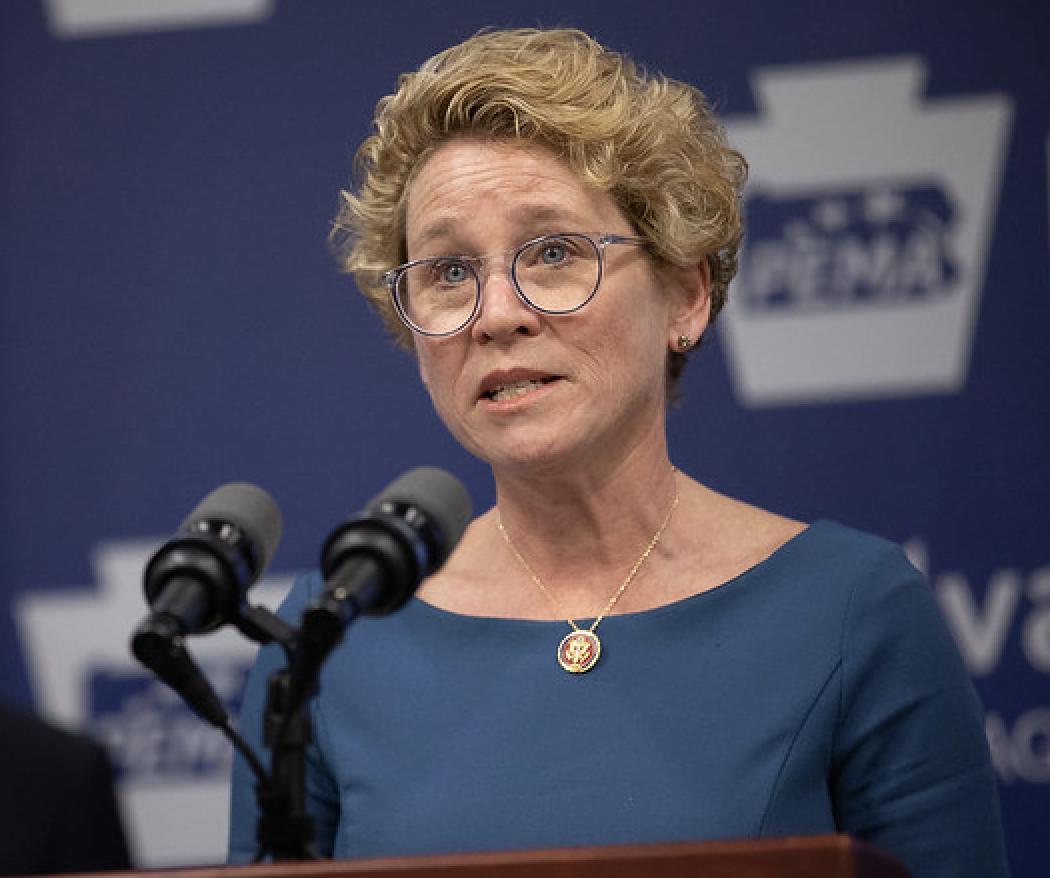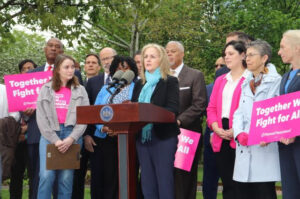Opposition to ‘Safe Injection Sites’ Brings GOP, Dems Together in Happy Unity

In a rare moment of bipartisanship between the normally warring parties, Pennsylvania Democrats and Republicans—including state Gov. Josh Shapiro—have formed a unified opposition to “supervised injection sites” in Pennsylvania.
Supervised injection sites are controversial facilities in which drug users can go to consume illegal substances while being watched by trained staff. Advocates claim the sites save lives by allowing drug addicts to get high without fear of a fatal overdose.
The Pennsylvania Senate passed a bill this month—S.B. 165—that would ban those sites across the state. Every Republican senator and 13 Democratic senators voted in favor of it, while nine Democrats voted against it.
One of the bill’s sponsors, Sen. Tracy Pennycuick (R-Montgomery), told DVJournal that Democrats and Republicans came together on the bill “because nobody wants a safe injection site in their district.”
“When you think about a ‘safe injection site’ for illegal drugs, it’s just an oxymoron,” she argued. “You’re going to ask a nurse to inject a drug addict with an illegal drug, and you don’t know the potency or the efficacy or the component of what’s in that drug. All under the guise of, ‘Well, if we offer safe injection sites, they won’t overdose.’
“But you’re operating with a drug you have absolutely no knowledge of what’s in it, how quickly it’s going to work, how effective it is, and what constitutes a good dosage. It’s just a bad idea.”
The Senate bill would outlaw “the operation of a clinic or establishment that knowingly provides space for any person to inject, ingest, inhale or otherwise introduce into the person’s body a controlled substance.”
Pennycuick argued that there are “great programs in Pennsylvania” to help people kick drug habits. “We have methadone clinics, suboxone clinics,” she said.
“We need to help these people on drugs get off them and get clean,” she said. “We don’t need ‘safe injection sites.’ That’s just enabling their disease instead.”
Gov. Josh Shapiro has also voiced his opposition to the sites, a likely indicator that he will sign a ban that makes it through the legislature. He had previously come out against them as state attorney general and re-affirmed his opposition to them in December.
The facilities are also opposed at the local level. Montgomery County Republican Committee Chair Christian Nascimento told DVJournal: “There is bipartisan opposition to supervised injection sites because it’s common sense that they make neighborhoods less safe and do not actually help the people struggling with addiction.”
“Montgomery County’s Republican officials and candidates will continue to speak out against them because it is the right thing to do for the community,” he added.
Some evidence suggests supervised injection sites have a positive effect on drug use mortality.
A 2017 review in Canadian Family Physician suggests the facilities are “associated with lower overdose mortality … 67 percent fewer ambulance calls for treating overdoses, and a decrease in HIV infections.”
The federal government this month, meanwhile, announced a $5 million study to determine the efficacy of injection sites here in the U.S. The data will be drawn from locations in New York and Rhode Island.





